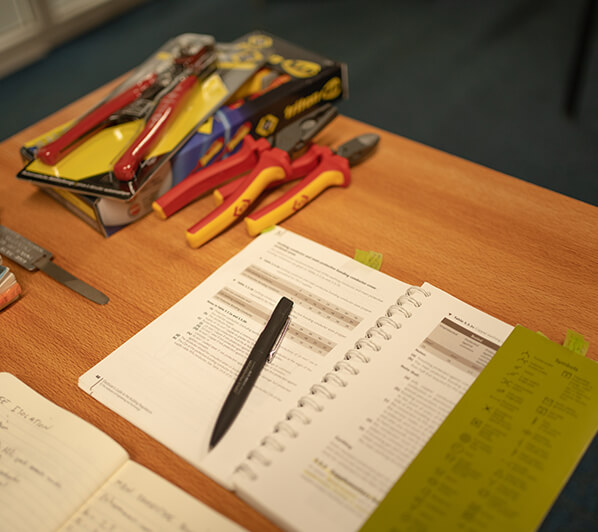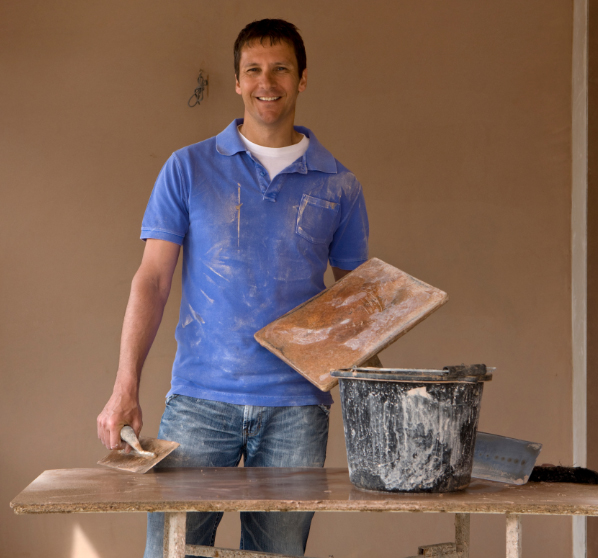Call us today for free or enquire for more course information - 0800 345 7492
Our Plastering Courses
Our 3 Stage Training Programme:
Why choose Access Training?
- Small class sizes, enabling our plastering tutors to focus on you
- Fast-track plasterer courses that accommodate your existing commitments
- Flexible payment options (including monthly payment plans)
- A blend of online learning and hands-on practice at our training centre
- 3 years of career support to help you hit the ground running
Plastering Course Reviews
Established in
2003Courses delivered
35,000Students trained
100,000How Can We Help You?
Why train as a plasterer?
It’s no secret that the trade skills gap is still a large problem in the UK. Within the plastering trade, there is currently a particular shortage for plastering ‘skim finishers’, who are professionally trained to create a smooth finish on a wall, ceiling or surface.Here at Access Training, we deliver accredited plastering training courses to help provide the country with its next generation of plasterers. Plasterers are an essential part of the UK construction industry, and if you want to become a skilled plasterer and embark on a lucrative new career, a plasterer training course from Access Training is the perfect starting point.
- Plastering is a skill you will use for life
- Essential to become a multi-skilled tradesperson
- Professional qualifications
- Become employed or run your own business
- Exceptionally high demand
With many plastering career opportunities currently available, there’s never been a better time to enrol in a plastering training course.
How much money do plasterers make
[Source: Adzuna]
Job Description
– what do plasterers do?
Plasterers work on a number of different buildings, including new housing developments, offices and houses (renovations or extensions). When working in peoples’ homes, plasterers often work alone, whereas larger-scale projects may require them to work in teams, each covering different sections of a wall, ceiling or build. Alongside this, plasterers often make use of related techniques such as dry lining, where wall and floor partitions are erected using plasterboard. Demand for all of these skills has been increasing dramatically as new developments are built.
Typical tasks for a plasterer may include:
- Spreading wet plaster mix onto walls, working from top to bottom
- Scraping the first coat to make a satisfactory base for the second coat
- Applying a third, thinner, final coat
- Maintaining existing plasterwork using specialist hand tools
- Correcting damaged plasterwork
- Applying or removing (skimming) artex from ceilings and walls
- Pebble dashing or applying sand or cement to external walls


Perfect course for plastering! They really took the time to listen to what each of us wanted to get out of the course, and gave helpful tips to each of us depending on our answer. Miss Taylor - Student






